LanzaTech, Northwestern, ORNL engineer microbe to convert industrial waste gases to acetone or isopropanol
Green Car Congress
FEBRUARY 22, 2022
A team of scientists from LanzaTech, Northwestern University and the Department of Energy’s Oak Ridge National Laboratory have engineered a microbe to convert molecules of industrial waste gases, such as carbon dioxide and carbon monoxide, into acetone and isopropanol (IPA). —Jennifer Holmgren, CEO of LanzaTech.

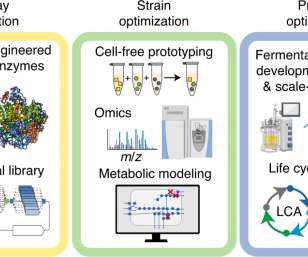



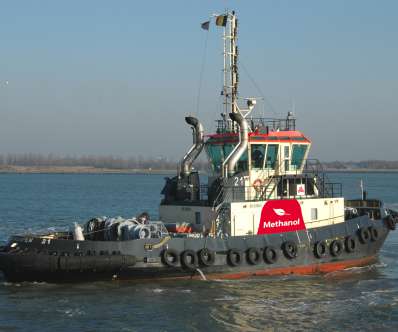
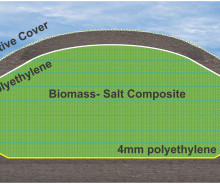







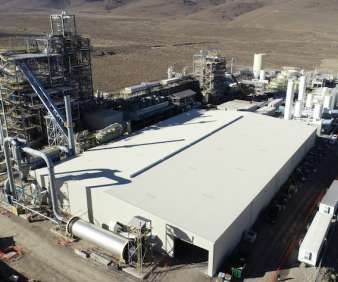
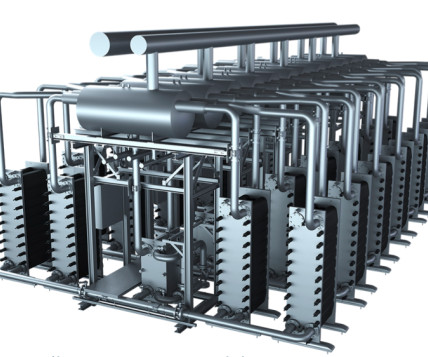


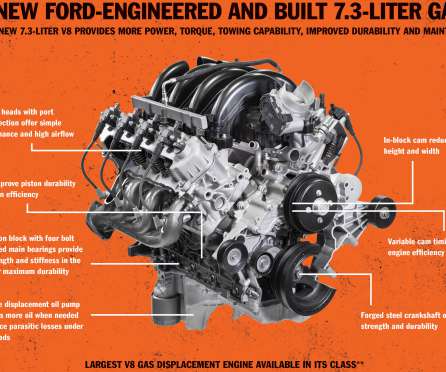








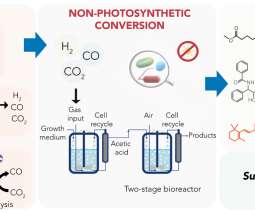



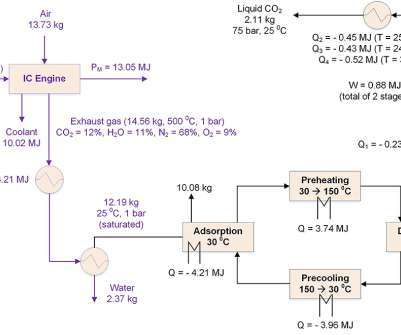


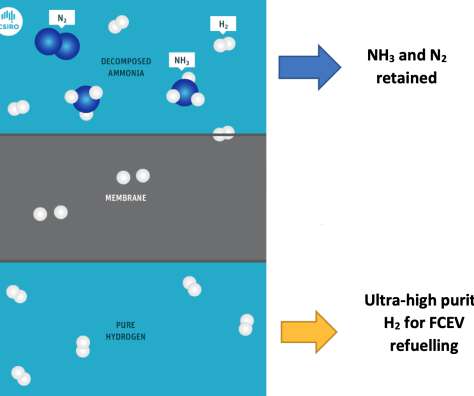









Let's personalize your content